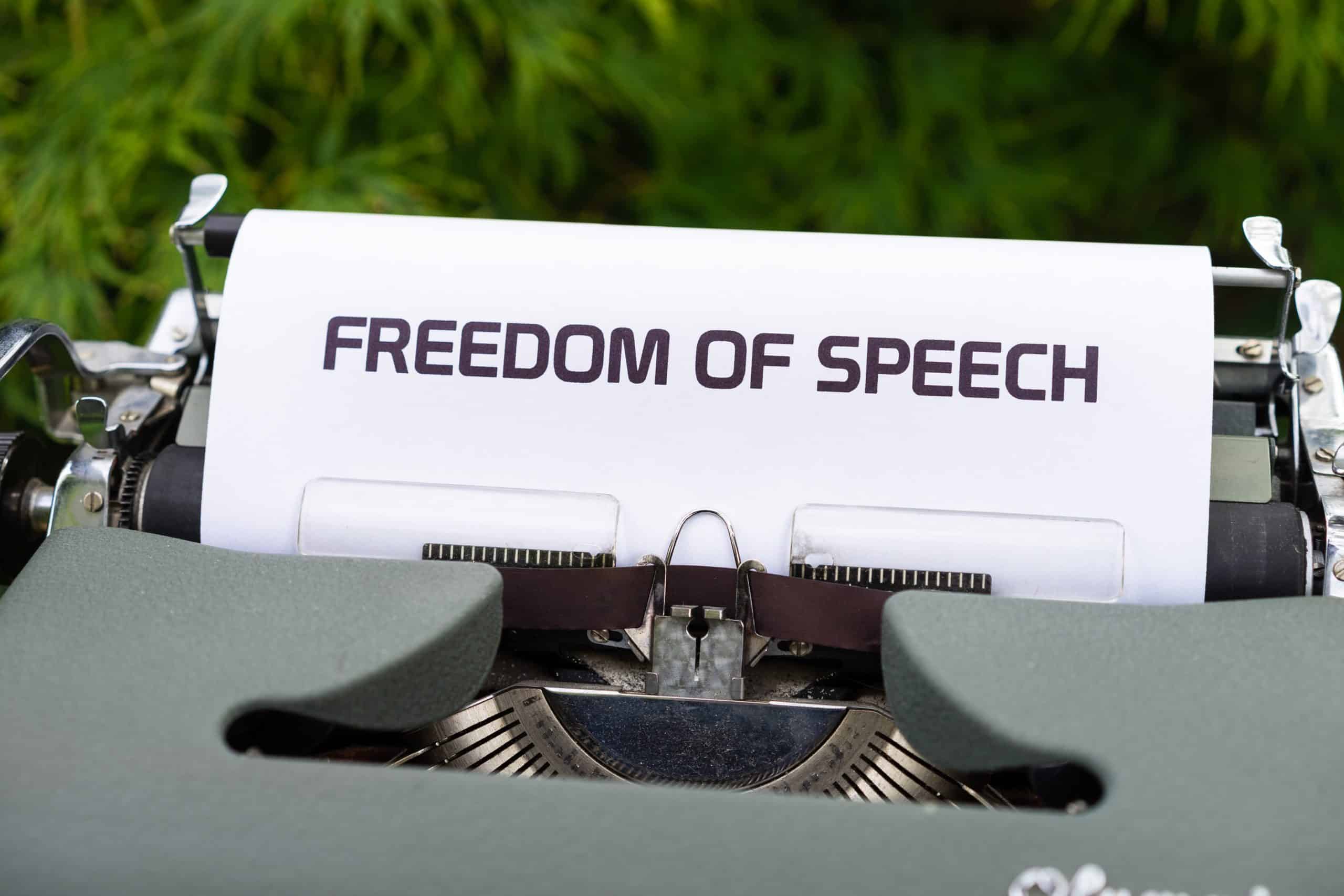We Already Tried Unchecked Free Speech on Social Media

Twitter already tried what Elon Musk has proposed.
Have you ever wanted to experience unchecked free speech on social media? An environment where anything goes, so long as it doesn’t violate local laws? Sounds like a free speech utopia. Right?
That’s what Twitter executives thought when they founded the company in 2006. But after decades of dealing with harassment, violence, hate speech, and more, they changed course. Content moderation served as a necessary safeguard.
Elon Musk wants to dismantle that safeguard. He wants to return Twitter to 2006. But we have already tried that. Not only with Twitter, but with almost every other major social media platform.
For Elon to think he can waltz in and perfect the balance of free speech and content moderation is the height of hubris.
Free Speech on Social Media Used To Be Free
Twitter, in particular, lived by an absolutist mantra toward free speech. It even labeled its early philosophy as “The Tweets Must Flow.” Basically, Twitter did almost nothing to moderate content.
The original founders of Twitter thought that reprehensible content would be drowned out by other users. They thought they could trust people to be natural error-seeking machines. They thought people could think critically, use logic, and refrain from promoting problematic content. They thought wrong.
Although there were promising moments like the Arab Spring, where unchecked free speech seemed to win the day, there were many dark moments as well.
From Gamergate to the 2016 election, Twitter was consumed by harassment, troll farms, deepfakes, and other forms of vile content. And these issues were not limited to Twitter.
In the infamous 2016 election, Facebook was the platform of choice for fake news that was both widely shared and heavily tilted in favor of Donald Trump. Despite these issues, Facebook recently rolled back algorithmic changes that boosted news from authoritative sources.
A Return To “Free Speech” on Social Media
Should Elon Musk have his way with Twitter, he would be falling in line with the growing social media trend to take a more hands off approach to content. It’s more profitable. Platforms can argue they are “neutral”, which is less politically fraught. And it’s easier to define all speech as “free” as opposed to creating complex content moderation policies that attempt to define misinformation, disinformation, and the like.
Parler and other right wing social media platforms have recently reminded us of the flaws in this approach. Free speech and inciting violence do not intersect. When a social media company thinks they do, they risk getting investigated by the authorities.
The loose reins on speech that exist on right wing platforms attracted many of the people who helped plan the January 6th insurrection. They also serve as havens for neo-Nazi content, extremist rhetoric, and dangerous conspiracy theories.
Yet Elon Musk wants us all to ignore these cesspool examples and believe his version of Twitter will be different.
Elon Musk Is Ignoring Social Media History
He wants to make Twitter “maximum fun.” He also promised to do this:
When it comes to free speech, he articulated his vision as follows.
There is nothing simple about matching speech with what’s legally permissible. The checkered decade plus of Twitter and Facebook struggling to practically perform this matching exercise should be evidence enough.
For Elon to think he can waltz in and perfect the balance of free speech and content moderation is the height of hubris.
He has not even detailed how he will practically get this done. It is not as easy as saying, “Let’s permit all speech that is legal.”
Harassment might be technically legal, but should social media companies permit it? The Gamergate saga referenced above, not to mention social movements like #MeToo, strongly suggest no.
Certain forms of hate speech might be permitted. But should social media companies promote that type of content? Or should their algorithms permit the content, but refrain from broadcasting it widely?
We have not even addressed the complexities (and dangers) of misinformation and disinformation. Well-orchestrated campaigns have the ability to shift elections, as the world witnessed in 2016. Election season is upon us in the United States later this year. How will Elon handle these risks?
If the world has learned anything from social media history, it’s that we cannot trust users (i.e., regular people) to police their own content. People have shown an inability to identify fake news, unreliable sources, and unsubstantiated content. They have shown how susceptible they are to deepfakes and dangerous conspiracy theories.
Elon Musk wants to ignore this history of free speech on social media. And let’s be clear – free speech for him will not be “free.”
Improving Twitter While Making It Worse
I have a strong affection for Elon. At times in my life I have been a shareholder of his companies. I have admired his vision, his desire to reach for the stars (and Mars). We need more entrepreneurs like him who are willing to push the human race forward at all costs.
But one of the most dangerous attributes of a successful person – or really anyone for that matter – is not knowing what they don’t know. It’s entering an arena like free speech that has complex gray areas with legal and political landmines and not having any humility. It’s tweeting with a Trumpian flair to convey a sense that he alone can fix the social media free speech problem.
Elon Musk just may fix it. He has revolutionized every industry and business he has touched. But social media and free speech are different. Although he may add more bells and whistles that improve Twitter – e.g., authenticating users, end to end encryption on Twitter messages, etc. – unchecked free speech will make Twitter worse.
We already tried unchecked free speech on social media, and it made humanity worse.



0 Comments